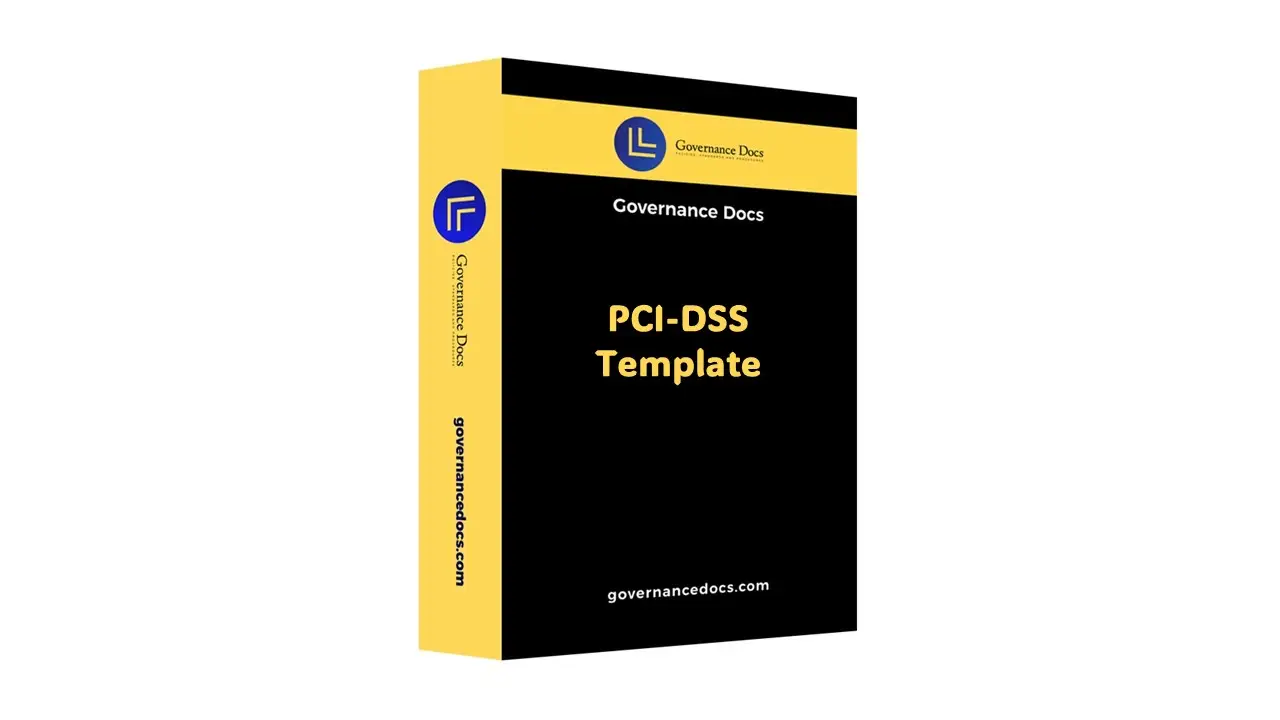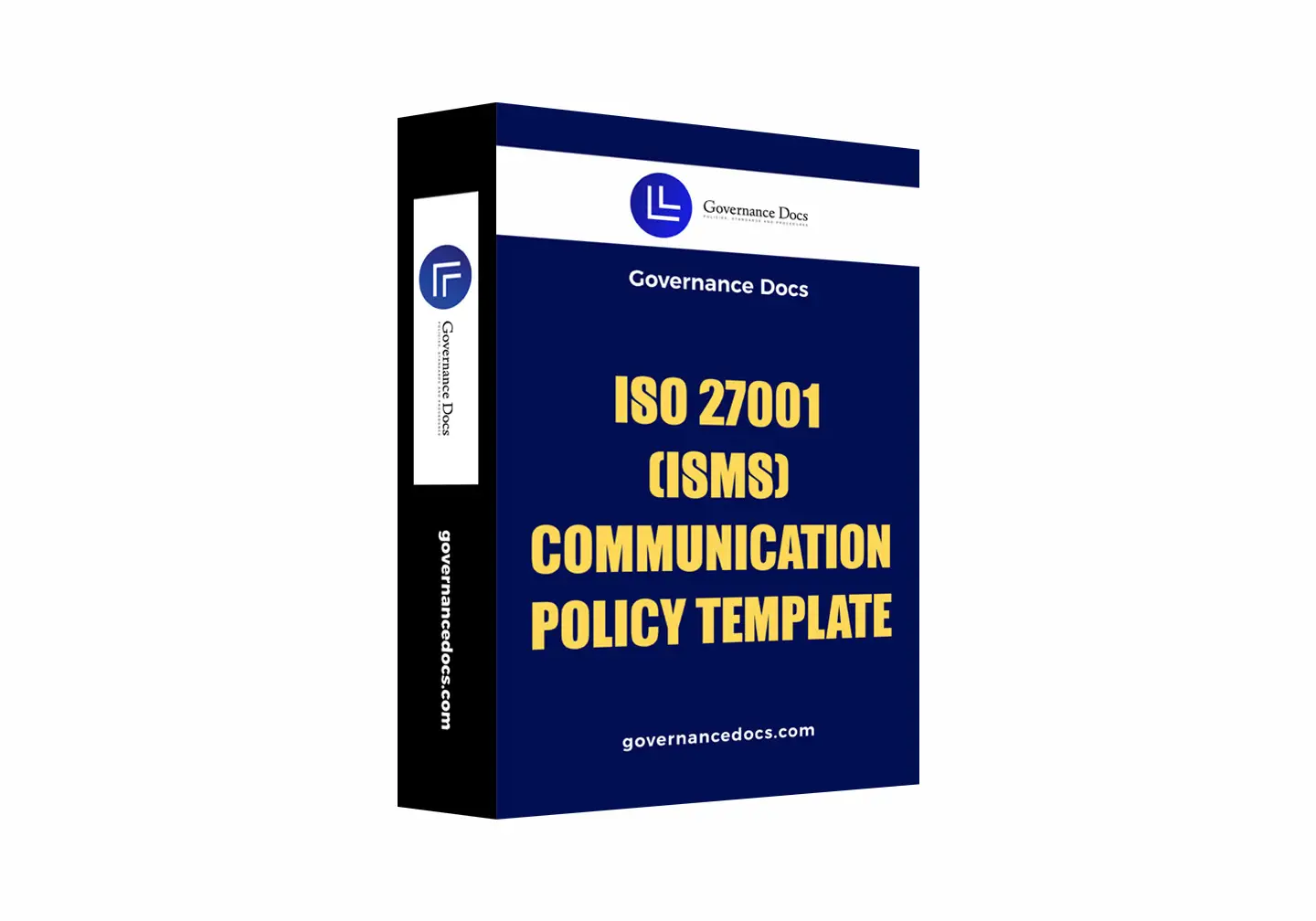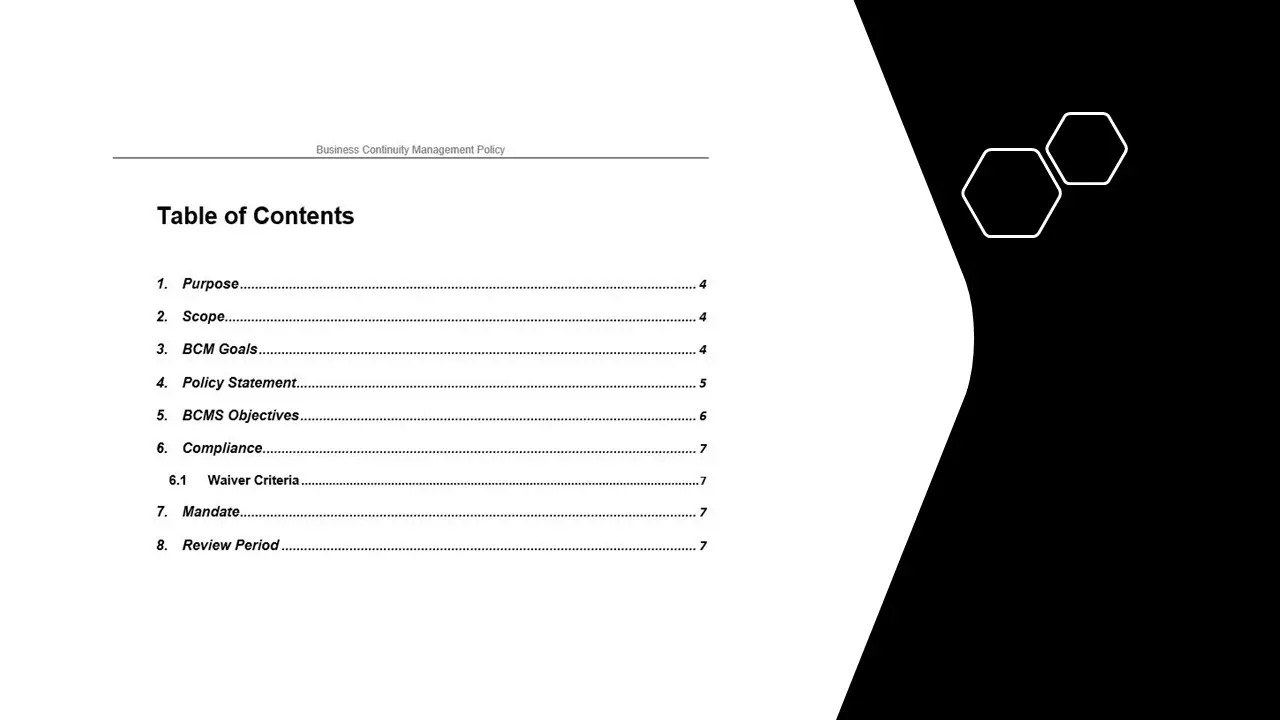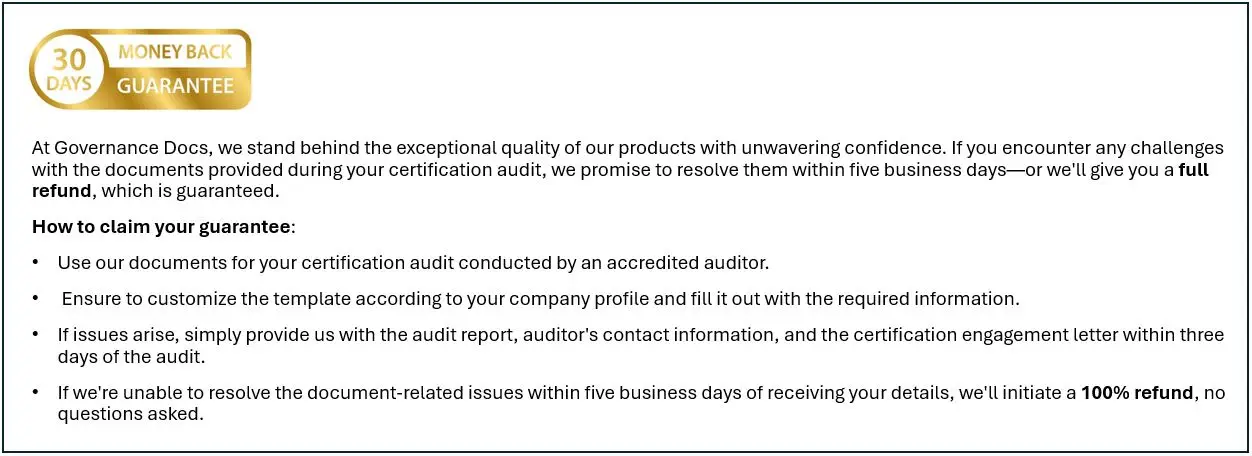Service Level Agreement
In the intricate world of information security, where the stakes are high and the margin for error is razor-thin, the Service Level Agreement (SLA) emerges as a beacon of assurance and clarity. This legal agreement template is meticulously crafted to outline the service levels required for PCI-DSS compliance from third-party providers, serving as a cornerstone for businesses navigating the complex landscape of data protection and regulatory adherence.
At its core, the SLA is not just a document but a strategic tool that bridges the gap between service providers and clients, ensuring that both parties are aligned in their commitment to safeguarding sensitive information. The SLA’s key features are designed to provide a comprehensive framework that defines the expectations, responsibilities, and performance metrics essential for maintaining PCI-DSS compliance.
One of the standout features of this SLA is its precision in detailing the specific service levels that third-party providers must meet. This includes clear definitions of uptime requirements, response times, and resolution protocols, all tailored to meet the rigorous standards of PCI-DSS. By setting these benchmarks, the SLA ensures that service providers are held accountable for their role in protecting cardholder data, thereby reducing the risk of data breaches and enhancing overall security posture.
The benefits of implementing this SLA are manifold. For businesses, it offers peace of mind, knowing that their third-party providers are contractually obligated to adhere to stringent security standards. This not only mitigates risk but also streamlines compliance efforts, as the SLA serves as a documented proof of due diligence in the event of an audit. Furthermore, the SLA fosters a culture of transparency and trust, as both parties have a clear understanding of their obligations and the consequences of non-compliance.
From a value proposition standpoint, the SLA is an indispensable asset for any organization operating within the realm of information security and PCI-DSS compliance. It empowers businesses to confidently engage with third-party providers, knowing that their interests are protected by a robust legal framework. This, in turn, allows organizations to focus on their core operations, secure in the knowledge that their compliance requirements are being met with precision and reliability.
In the broader context of product categories, the SLA stands as a vital component within the realms of All Products, Information Security, and PCI-DSS. It is a testament to the evolving needs of businesses in an era where data security is paramount, and regulatory compliance is non-negotiable. By providing a structured approach to managing third-party relationships, the SLA not only enhances security but also drives operational efficiency and business continuity.
In conclusion, the Service Level Agreement is more than just a legal document; it is a strategic enabler that empowers businesses to navigate the complexities of information security with confidence and clarity. Its comprehensive features, coupled with its undeniable benefits and compelling value proposition, make it an essential tool for any organization committed to achieving and maintaining PCI-DSS compliance.
All GovernanaceDocs documents are developed based on well-known standards such as NIST CSF, ISO 27001, ISO 22301, PCI-DSS and HIPAA.
Hence, You just need to download and selected document and add your company name and logo.










Reviews
There are no reviews yet